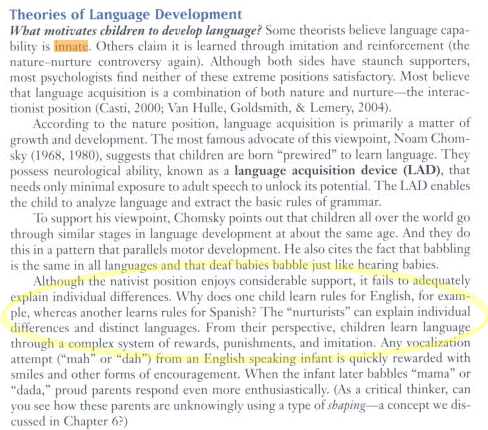Left dislocation
A couple of days ago, Jim Bisso sent me a question:
I've been embattled by a bunch of peevologists over the grammaticality of sentences of the sort: "my mother(,) she is a good person". I have pointed out that many kinds of apposition are not only acceptable but flow from the pens of some of our finest writers, but they are having none of that. Somehow a construction like "we the people of the United States etc." is okay, but reverse the order of Pron + NP to NP + Pron and sparks start to fly. I say it's simply a stylistic matter and not a syntactic one, but who am I? What say you? (Do you know any monographs that I might delve into to fuel my argument?)
Executive summary: This construction goes back to Old English, and is still widely used in spoken English and in some regional varieties ; but its use in formal written English has been decreasing since about 1500, and is now either informal or archaic.
Read the rest of this entry »



